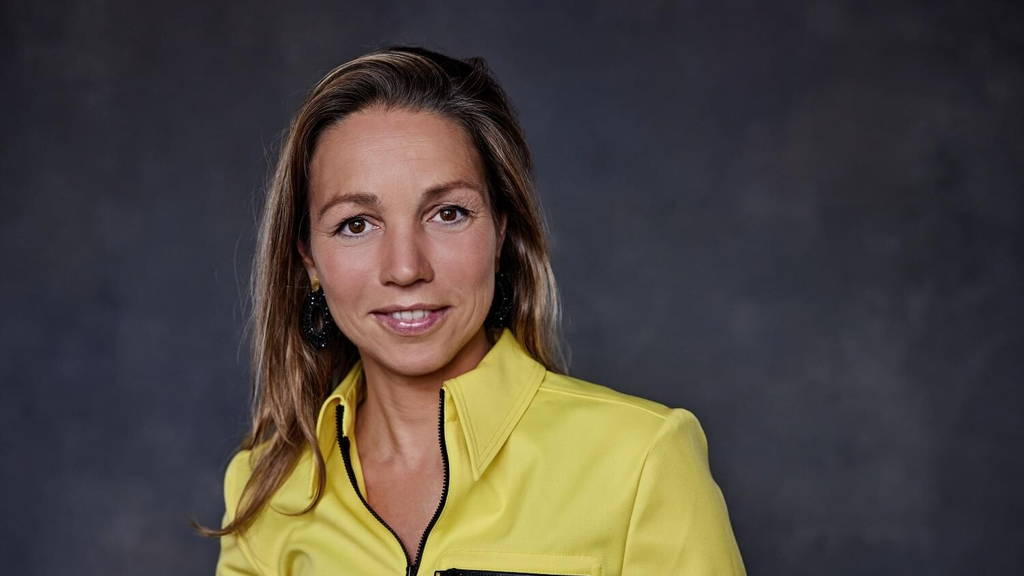However, the design of many systems and applications is often fixed and can no longer be modified. It’s about time that my colleagues and I take the lead!
The health tech market is evolving exponentially—at the same time, the clinical challenges are not necessarily prioritized in the architecture of digital solutions. Doctors must be in control of the design of healthcare innovation developed for them. Their expertise and experience guarantee the best health and care for the patient, whether it’s about personal or digital interaction. The same importance has the cooperation with other stakeholders.
App tsunami
Oddly enough, this does not
per se seem to concern the investors. In fact, we already see a wide range of ads popping up for such ‘solutions.’ It’s a challenging issue—will we, as doctors, be able to cope with this wave of apps approaching our patients (including healthy citizens aiming to improve their health) and us?
Here is my answer to this rhetorical question: we doctors should free up time for it and ‘enforce’ the attention of relevant stakeholders, like the management boards. So far, these two worlds are separated from each other. Citizens can be brainwashed unsuspectingly by all these digital solutions tailored to solve non-existing problems—for many, they are tempting, giving the impression of necessity. Or in other words: they respond to what the big-tech giants knew already about us by taking our data in exchange for free services.
Revenue model based on being unhealthy
When a revenue model is based on staying unhealthy, such an approach is not fair: that’s certainly something we better think about twice! This is a dangerous trend—everyone should have the right to receive the best care in a time of an ageing population, healthcare professionals shortages, and inadequate health care funding. And it’s a global problem.
By including our—I mean doctors’—knowledge and experience in technology and data, we’re able to enhance the well-being of our patients or citizens. And, this is what we, healthcare professionals, are looking for.
So during my working hours, I imagine that I’m offering the same expertise to many people globally while getting support from colleagues in and outside the Netherlands. And at the same time, the system learns continuously, offering advice based on the best knowledge and experience in a specific domain. So that ‘the best intervention’ will never be pre-determined—a trusted network of healthcare professionals and their patients will select it very transparently and continuously.
Advancements outside our practice and experience sharing might lead to extreme progress. An example is what space travel could provide for healthcare in terms of insights. In a human-crewed mission, many aspects play a role, like radiation, weightlessness, isolation, disturbed day and night rhythm, and other medical issues that should be solved [
i ]—talking about focusing!
Space in our work
Let’s start adopting these things we’ve already accepted in our daily life and clinical practice, like the fact that the smartphone could offer us so many advantages to create space in our work.
But also to leave it to our patient. Of course, this is only possible if we can learn about each other’s experiences and expectations by communicating with each other—an individualized approach tailored to the time and place, with the foundation of the best care outcomes tomorrow.
As some politicians focus on how the incomes of doctors or nurses can be reduced, it is time for
healthcare 5.0. Time to focus on the healthcare workforce as investment, skills, scientific contributions and entrepreneurship, expansion of employment opportunities—all these will bring an added economic and health value to society.







